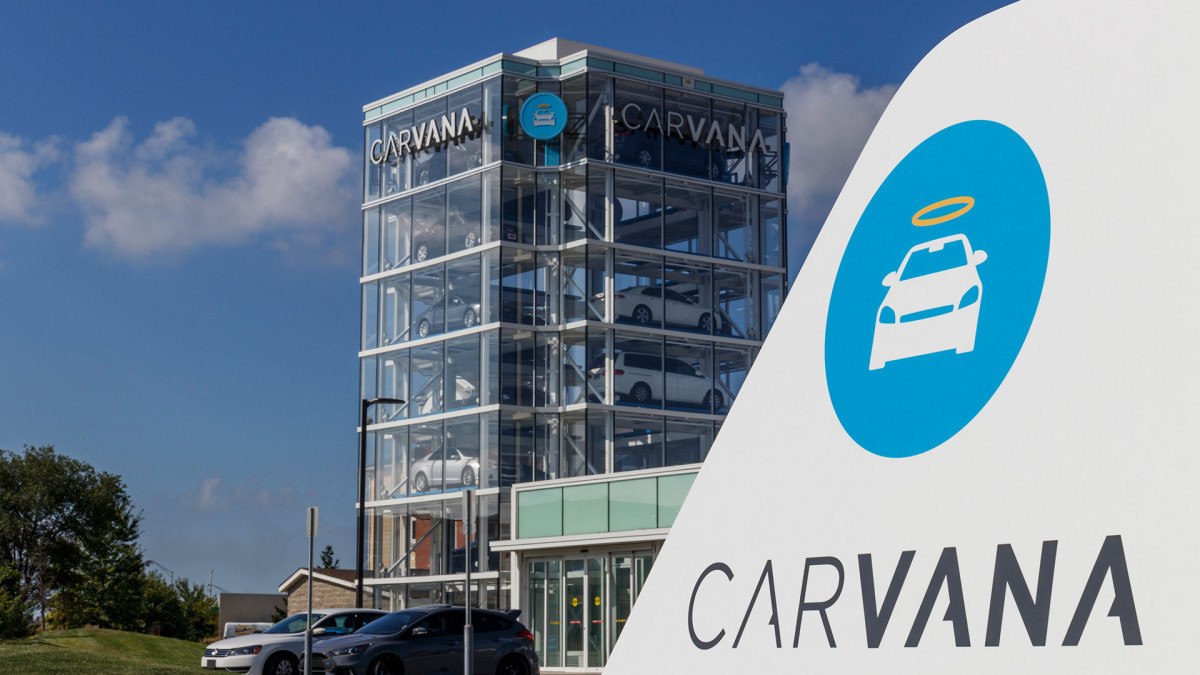
Simply being a disruptor does not guarantee success for a business.
Just because a company shakes up the status quo does not mean that it will succeed. Many digital pioneers have identified problems in old-school companies while also showing that the opportunities to do things differently are relatively small.
Related: Beloved discount retailer faces significant bankruptcy risk
Peloton (PTON) -), for example, demonstrated that while some people wanted an alternative to going to the gym, most people didn't. Gyms have their flaws and working out from home provides a level of convenience, but only a tiny percentage of people are willing to pay a premium for a Peloton.
In addition to struggling with demand, some digital pioneers struggle because their business models are easy to copy. Teladoc (TDOC) -), for example, has shown that there's a market for telehealth.
The problem is that the company has also shown that the medical services that can be provided remotely are limited and that nothing about its platform is proprietary. A number of copycats, and nearly all the established players have adopted similar services.
Yes, Teladoc was a pioneer that showed that health care had room for disruption, but it also showed that you can't really own the concept of having a doctor's appointment over a video meeting.
Likewise, companies that are looking to disrupt the classic model of selling used cars. Carvana (CVNA) -) has shown that people want a different way to buy and sell used cars, but copycats including Vroom (VRM) -) and Shift Technologies have shown that when a company does not have a proprietary business model, competition can kill.
Shift, which followed the Carvana blueprint, has shown that too many companies using the same disruptive business model leads to failure.

Shift files Chapter 11, is shutting down
Carvana's proof that consumers wanted a different way to buy and sell cars led to a number of other companies adopting a fairly similar business model.
But just because people want to buy and sell cars without the sleaziness associated with traditional car dealers does not mean that multiple companies can succeed.
We're seeing the same issues in ride-sharing and food delivery, where too many companies using the same business model lead to an inability to raise prices.
Shift has fallen victim to the fact that too many players in the used-car space use similar disruptive models. That makes the price of acquiring customers too high, especially for a company that's arguably No. 3 at best in a race where even market leader Carvana may ultimately run out of money.
Shift Technologies (SFT) -) disclosed that it intends to file a voluntary petition for relief under Chapter 11 of the U.S. Bankruptcy Code, to implement an orderly wind-down of its business.
"To facilitate the process, the company will utilize cash on hand and cash generated by the liquidation of inventory through wholesale channels to provide the necessary liquidity to support the wind down and closure of operations during the Chapter 11 process," Shift said in a note posted on its website.
The company has closed its retail locations, and its website no longer offers any services.
"This decision follows months of trying to raise capital and restructure the balance sheet to allow the company to operate unencumbered in this challenging environment," Chief Executive Ayman Moussa said in a statement.
"Ultimately, the extensive efforts of our senior leadership team and advisors were not successful. We want to thank all our dedicated employees, customers, and vendors who have supported us over the years."
Get investment guidance from trusted portfolio managers without the management fees. Sign up for Action Alerts PLUS now.







